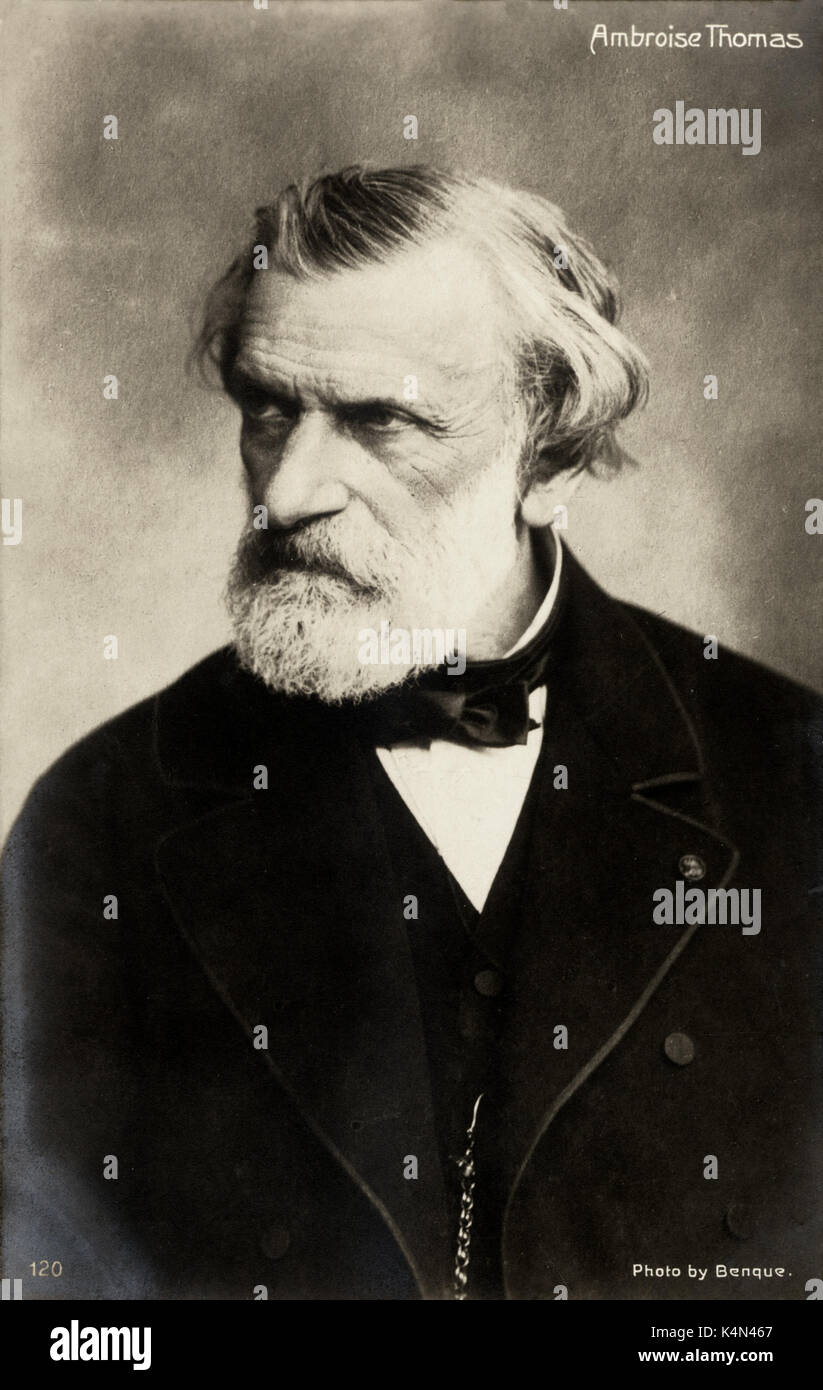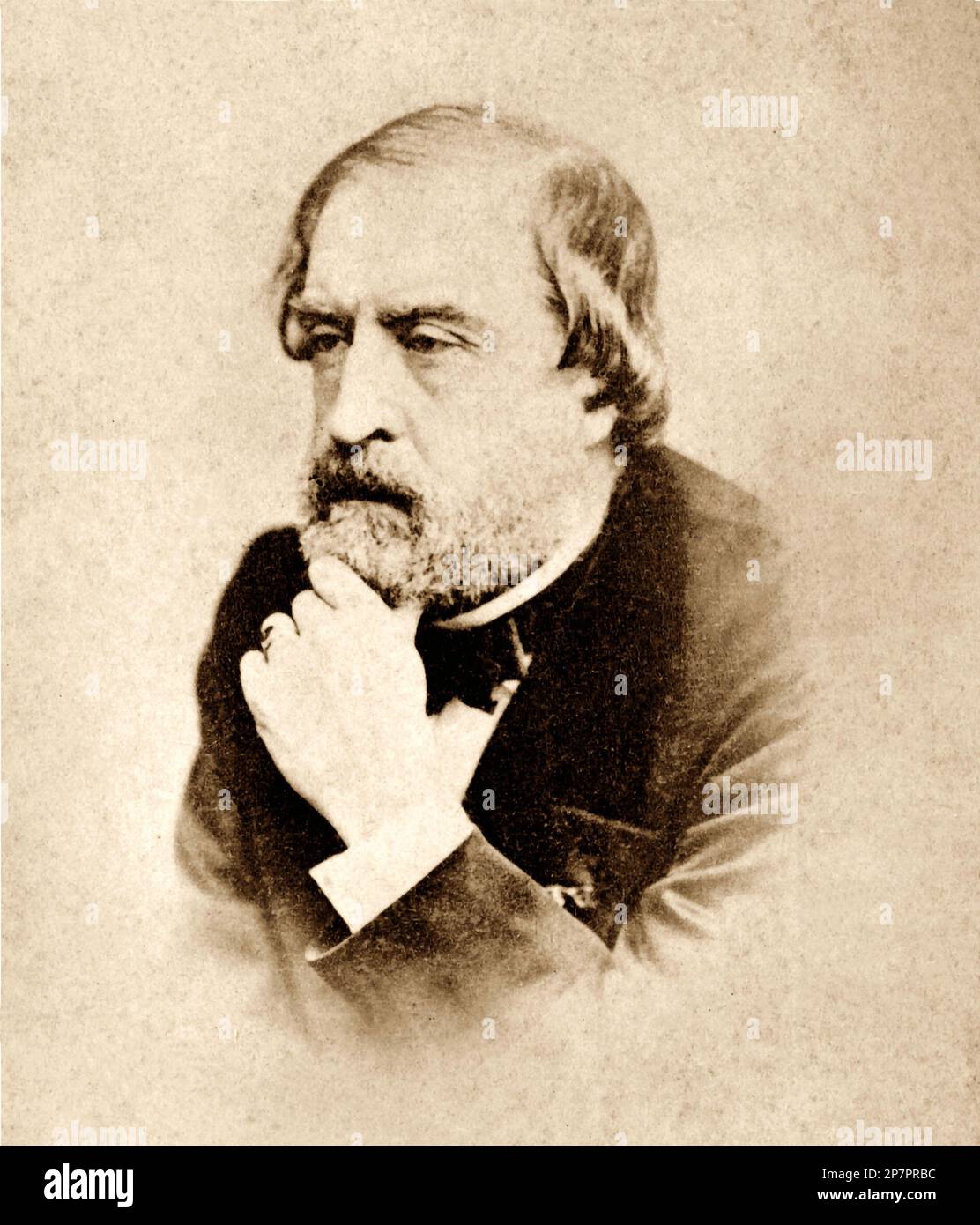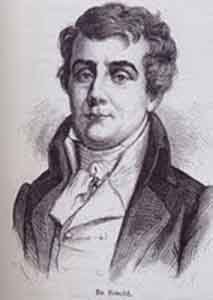
Echoes in the Wilderness: The Untamed Life of Louis Ambroise, French Trapper and Pioneer of the North American Frontier
The whisper of wind through ancient pines, the distant howl of a wolf echoing across a vast, untamed landscape, the rhythmic dip of a paddle breaking the glassy surface of an unseen lake – these were the symphonies of Louis Ambroise’s world. He was a French trapper, a coureur des bois in spirit, if not always in strict definition, a figure emblematic of the audacious, hardy men who dared to venture into the immense, unforgiving wilderness of North America in pursuit of fortune, freedom, and an existence lived on their own terms. Ambroise, like countless others whose names are now largely lost to the mists of time, was a vital thread in the intricate tapestry of the North American fur trade, a story of relentless exploration, profound cultural exchange, and an unyielding struggle against the elements.
Born perhaps in the humble villages of New France, or lured across the Atlantic from the European mainland by the tantalizing promise of riches, Louis Ambroise’s journey into the wild began with a leap of faith. The late 17th and early 18th centuries saw a burgeoning demand for furs, particularly beaver pelts, in European fashion centers. Beaver hats, durable and stylish, were the height of sartorial elegance, driving a voracious market that stretched from the salons of Paris to the farthest reaches of the Canadian Shield. This economic engine powered an entire industry, drawing young men like Ambroise away from the settled farmlands and nascent towns into an odyssey of unparalleled hardship and exhilarating discovery.
His early life, likely marked by the rigors of colonial existence, would have instilled in him a foundational resilience. But the wilderness demanded more. It required an almost feral instinct for survival, a keen observational eye, and a body hardened by ceaseless toil. Ambroise would have spent his formative years learning the essential skills: how to handle a canoe with the grace of a water bird, navigating treacherous rapids and enduring grueling portages where heavy canoes and bundles of trade goods had to be carried over land. Each portage was a test of will, a back-breaking endeavor that separated the truly committed from the merely adventurous. The biting blackflies and mosquitoes of summer, the numbing cold of winter, the constant threat of starvation or accident – these were the ever-present companions on the long journey into the interior.

Once deep within the trapping territories, often hundreds of miles from the nearest trading post or settlement, Ambroise’s life transformed into a solitary dance with nature. His primary quarry, the beaver, was a wily opponent. Setting traps – increasingly, steel traps, though snares and deadfalls were also employed – required an intimate understanding of animal behavior, of scent trails and feeding grounds. He would spend weeks, sometimes months, alone or with a handful of trusted companions, meticulously scouting streams and lakes, patiently waiting for the tell-tale signs of beaver activity.
The daily routine was one of relentless vigilance and physical exertion. Traps had to be checked, often in icy waters, pelts painstakingly skinned and prepared. The curing process was crucial, involving careful stretching and drying to ensure the furs retained their value. This was not merely a job; it was a way of life that demanded every ounce of his ingenuity and fortitude. As historian Stephen E. Ambrose once noted about the American frontier experience, "It was a demanding life, one that required courage, self-reliance, and an ability to cope with extreme hardship." For Louis Ambroise, this was his daily reality. His cabin, a rough-hewn shelter against the vastness, became his sanctuary, filled with the pungent smell of wood smoke, drying furs, and the quiet hum of his own thoughts.
Crucial to Ambroise’s survival and success were his interactions with the Indigenous peoples of the land. Unlike the often-antagonistic relationship between European settlers and Native Americans further south, the fur trade, particularly in the early stages, fostered a complex web of interdependence. Tribes like the Algonquin, Cree, Ojibwe, and Huron were not merely trading partners; they were the true masters of the land, possessing an encyclopedic knowledge of its resources, its seasons, and its secrets.
Ambroise would have learned invaluable lessons from them: the best places to set traps, how to track game, which plants were edible or medicinal, and how to navigate the intricate network of rivers and trails that crisscrossed the continent. He learned their languages, their customs, and often, their spiritual reverence for the land. "They were the true masters of this land," one contemporary account from a fellow trapper might have echoed, "and any man who ignored their wisdom did so at his peril." These relationships often extended beyond commerce, evolving into friendships, alliances, and sometimes, intermarriage, leading to the birth of the Métis people, a vibrant new culture that blended European and Indigenous traditions. Ambroise, like many coureurs des bois, likely found himself living comfortably between two worlds, adopting elements of Indigenous dress, diet, and worldview while retaining his European heritage.
The culmination of a trapping season was the journey back to the trading post – a bustling, often chaotic hub of activity that offered a fleeting taste of civilization. Places like Fort Michilimackinac, Fort William, or other smaller outposts dotted across the vast wilderness served as magnets for trappers from hundreds of miles around. Ambroise would arrive, his canoe laden with bundles of prime furs, his face weathered by sun and wind, his spirit a mix of exhaustion and exhilaration.
Here, the arduous labor of months was transformed into tangible goods. His furs were meticulously inspected, weighed, and traded for essential supplies: flour, salt, tobacco, rum, powder and shot for his musket, new traps, and perhaps a few luxuries – a new blanket, a brightly colored scarf, or a trinket for a loved one. The trading post was also a place for storytelling, for sharing news from distant lands, for revelry and camaraderie. For a brief period, the isolation lifted, replaced by boisterous laughter, the clinking of glasses, and the shared bonds of men who had faced death and solitude and lived to tell the tale. But the call of the wilderness, for men like Ambroise, was rarely muted for long. The lure of another season, another fortune, always beckoned.
The life of a French trapper was undeniably perilous. Statistics, though scarce for individual figures, paint a grim picture of high mortality rates from disease, starvation, drowning in treacherous rapids, animal attacks, or skirmishes with rival traders or hostile Indigenous groups. Yet, for Louis Ambroise, the rewards outweighed the risks. It was a life of unparalleled freedom, a chance to escape the rigid social hierarchies of Europe and forge his own destiny in a land unburdened by ancient customs. It was a life that fostered immense self-reliance, a deep connection to nature, and an understanding of the intricate web of life.
His legacy, though not etched in grand monuments or celebrated in history books, is woven into the very fabric of North America. Men like Louis Ambroise were the vanguard of European expansion, not just as economic agents but as cultural conduits. They mapped the rivers, named the lakes, and opened up pathways for subsequent waves of settlers. Their mixed-blood descendants formed new communities and cultures, contributing to the rich diversity of the continent. The French language, though retreating in some areas, left an indelible mark on place names and local dialects, a testament to their early presence.

Today, as we look at the vast, sprawling landscapes of Canada and the northern United States, we can still discern the echoes of men like Louis Ambroise. His story is a powerful reminder of the human spirit’s capacity for endurance, adventure, and adaptation. He was a man of two worlds, bridging the gap between European ambition and Indigenous wisdom, a silent architect of a new continent. His true home was the wilderness itself, his path illuminated by the stars, his destiny carved out by the swing of his axe, the stroke of his paddle, and the whisper of the wind through those ancient pines – a man who truly lived beyond the fringes of civilization, forever bound to the untamed heart of the North American frontier.


